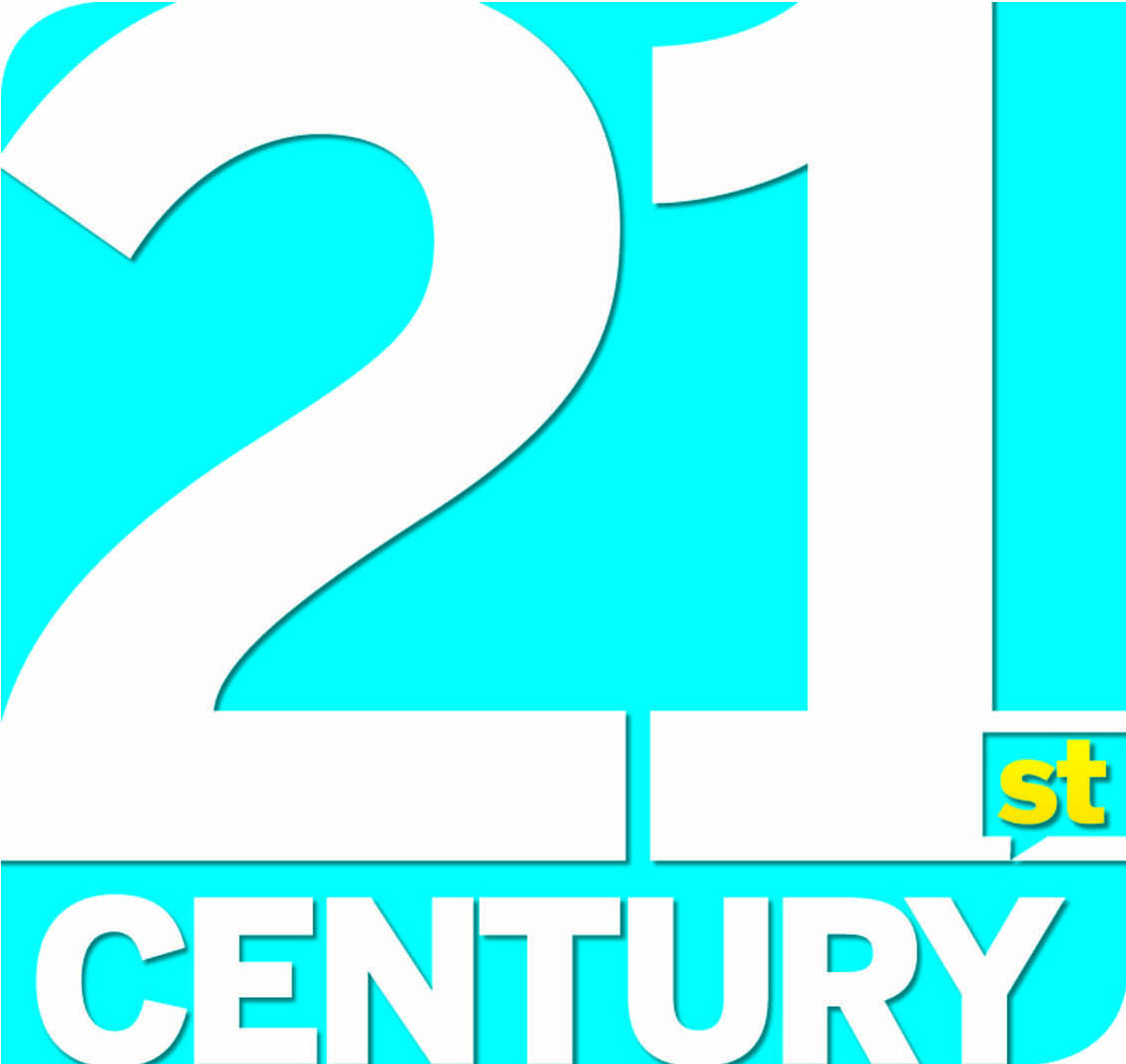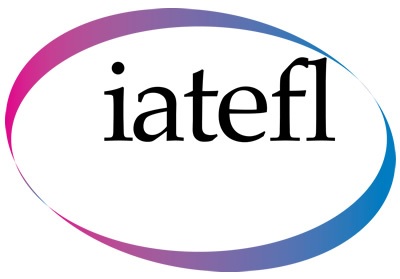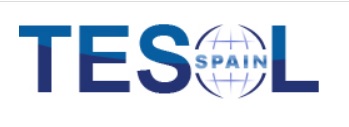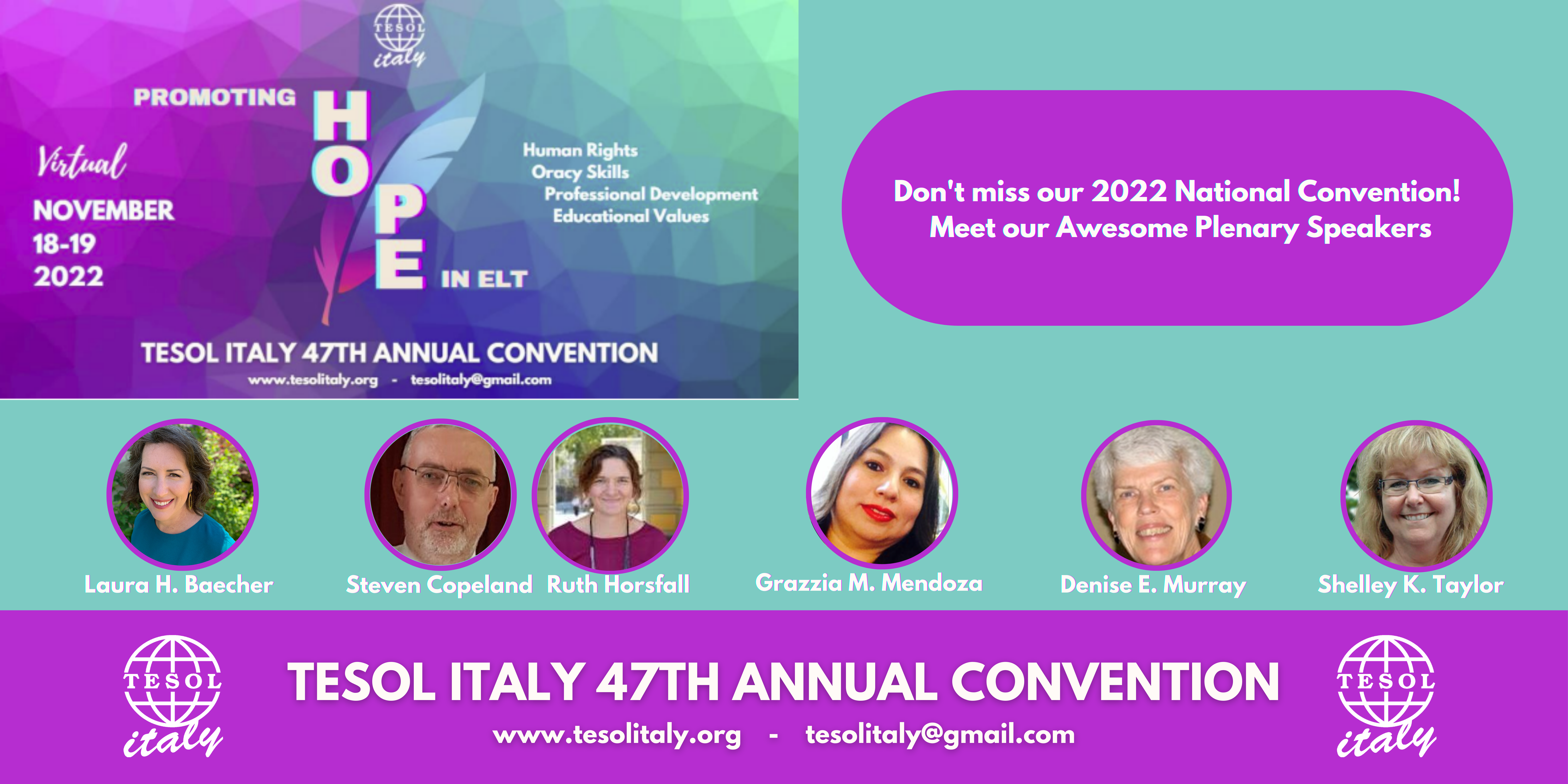
About Tesol Italy Convention 2022
How can the ELT community face the new educational challenges of an increasingly complex international scenario? How can global issues and core values be addressed in ELT? What should be the role of teachers and educators in promoting human rights and democratic citizenship education and contributing to effective learning and communication?
TESOL Italy’s 47th Annual Convention, entitled “Promoting HOPE in ELT”, will seek to offer answers to these critical questions, focusing on the thematic areas explained by the acronym HOPE:
• Human Rights
• Oracy Skills
• Professional Development
• Educational Values
This year’s Convention program wishes to provide a space for reflection and discussion on the importance of fostering human rights and democratic values in the classroom and developing learners’ critical thinking, social and oracy skills. ELT teachers and educators need to play a crucial role in raising students’ awareness of human rights issues and shared educational values such as diversity, equity, inclusion, women’s empowerment, and gender equality, accepting and valuing differences across race, ethnicity, gender, age, religion, disability, sexual orientation, and education, developing social and civic competences, and strengthening understanding and protection of human rights and citizenship.
Furthermore, in the light of positive psychology, promoting HOPE in ELT means to encourage learners’ positive feelings – such as optimism, self-efficacy, self-esteem and hope for the future – and create an emotionally supportive environment in which learners feel safe and motivated to engage and achieve educational success.
Promoting respect for human rights and democratic values, fostering positive emotions and empathy, improving oracy skills, collaboration, and interaction with different people, working in multilingual, plurilingual and translanguaging contexts, can be the key factors for effective and successful learning.
Dealing with the themes of the HOPE acronym will also have a positive impact on ELT teachers’ professional development and growth giving participants opportunities to enhance their knowledge and expertise on current cultural and social issues, get informed and learn about the latest ELT trends and recent best practices as well as share ideas and resources on the Convention topics.
The four key areas: Human Rights – Oracy Skills – Professional Development – Educational Values allow potential speakers to explore, investigate, rethink, and reflect on important aspects related to the Convention themes.
TESOL Italy welcomes relevant proposals referring to teaching and learning experiences, projects, research studies, use of innovative approaches, strategies, methodologies, and techniques aiming to collaboratively promote HOPE in ELT.
The 2021 Convention Themes are:
Stories of Hope
Manuela Kelly Calzini
Songs of Hope
Fergal Kavanagh
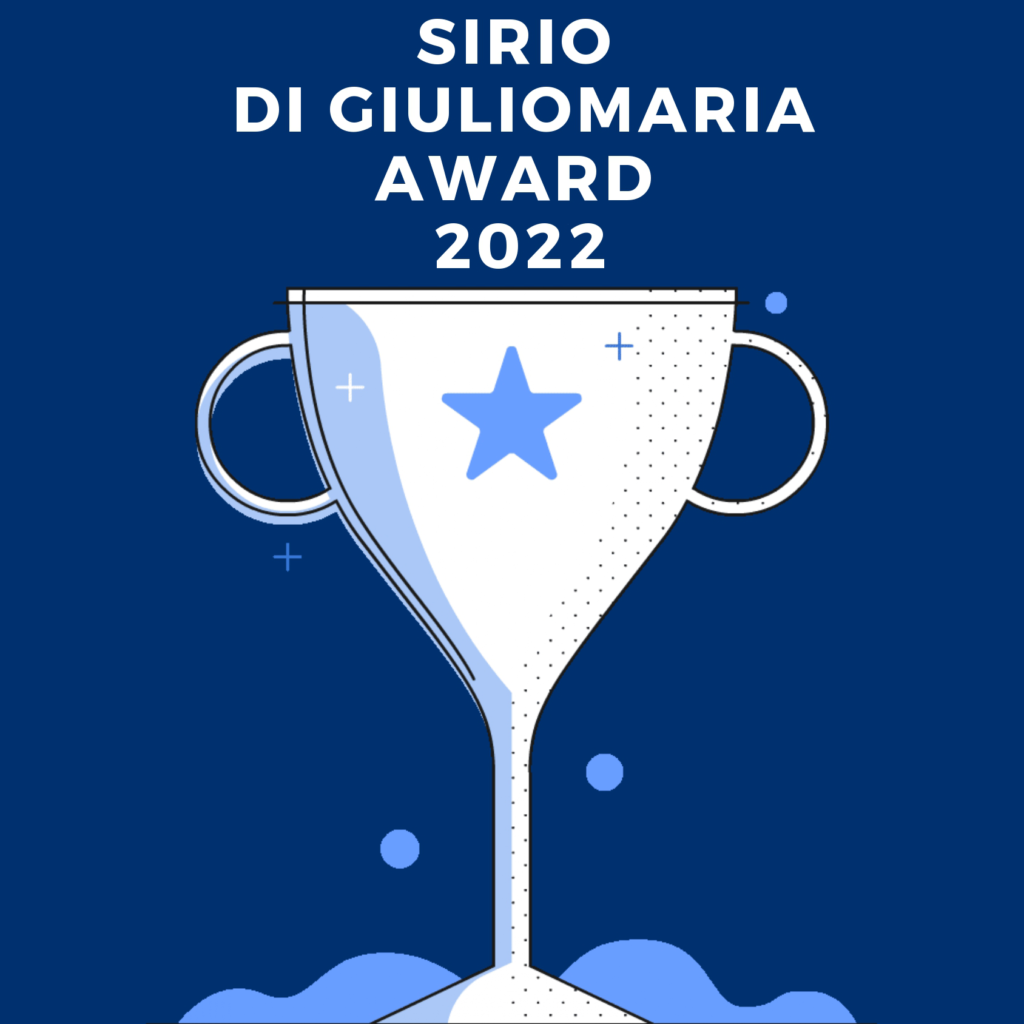
Sirio Di Giuliomaria Award 2022
How can ELT teachers encourage learners’ hope for the future promoting respect for human rights and democratic values, fostering positive emotions and empathy, improving oracy skills, and developing social and civic competences?
This year’s edition of the Sirio Di Giuliomaria Award is aimed at empathetic and proactive teachers, who have been able to create in the ELT classroom an emotionally supportive environment in which learners feel safe and motivated to engage and achieve educational success.
The TESOL Italy Convention 2022
is supported by
Strategic Sponsor

Plenary Speakers Sponsors



Gold Sponsors

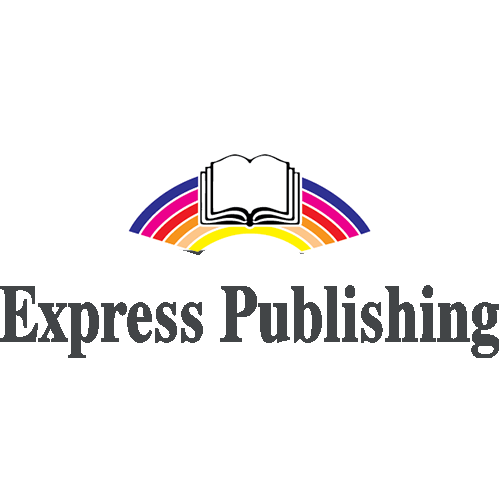

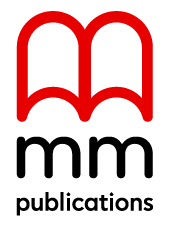
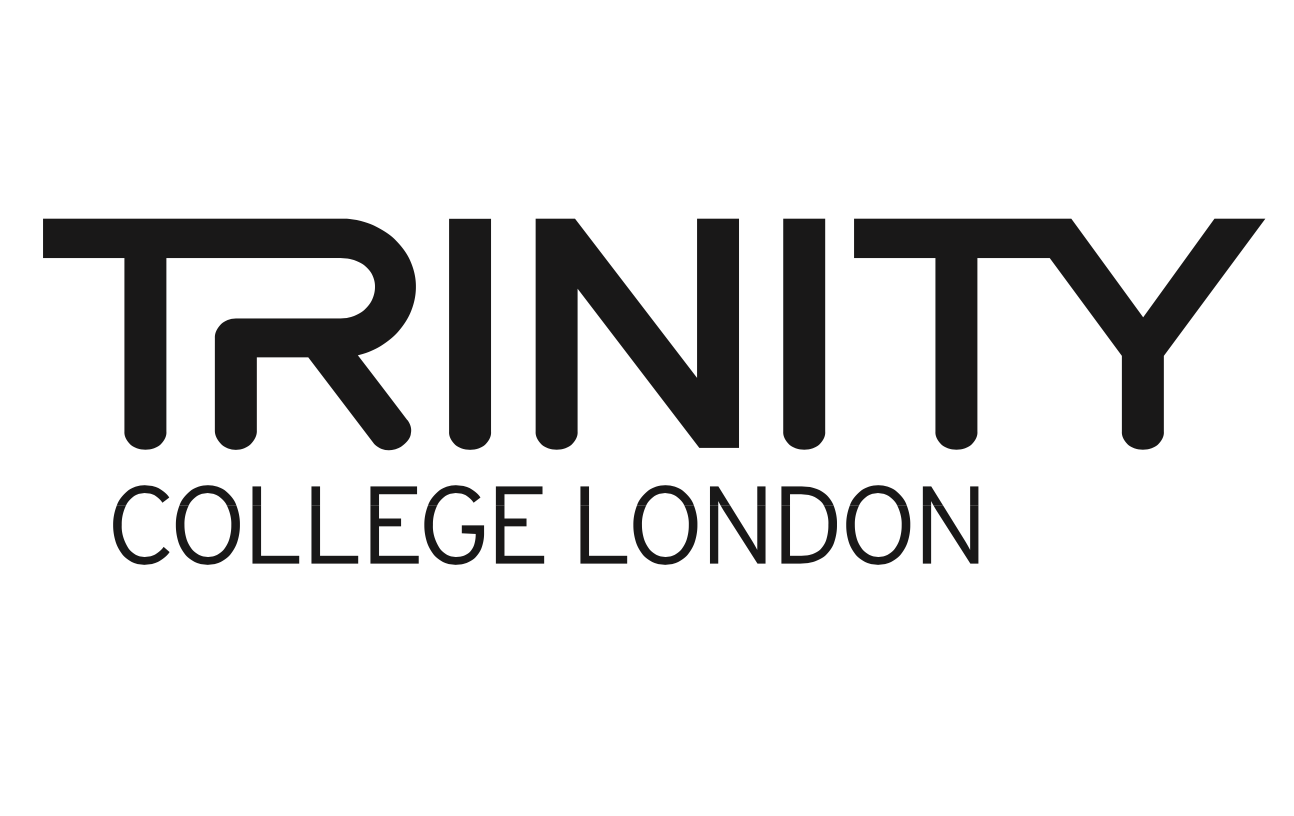
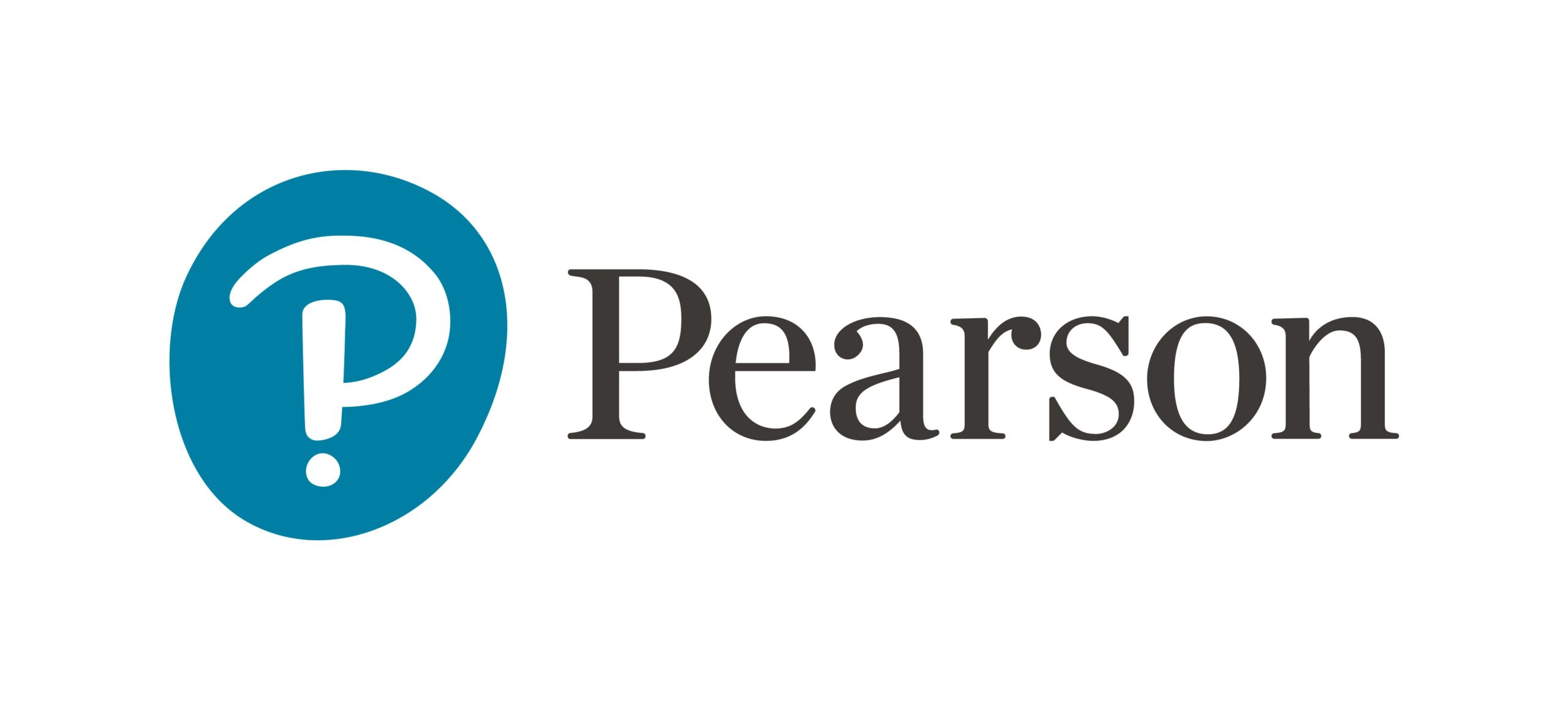
Silver Sponsors
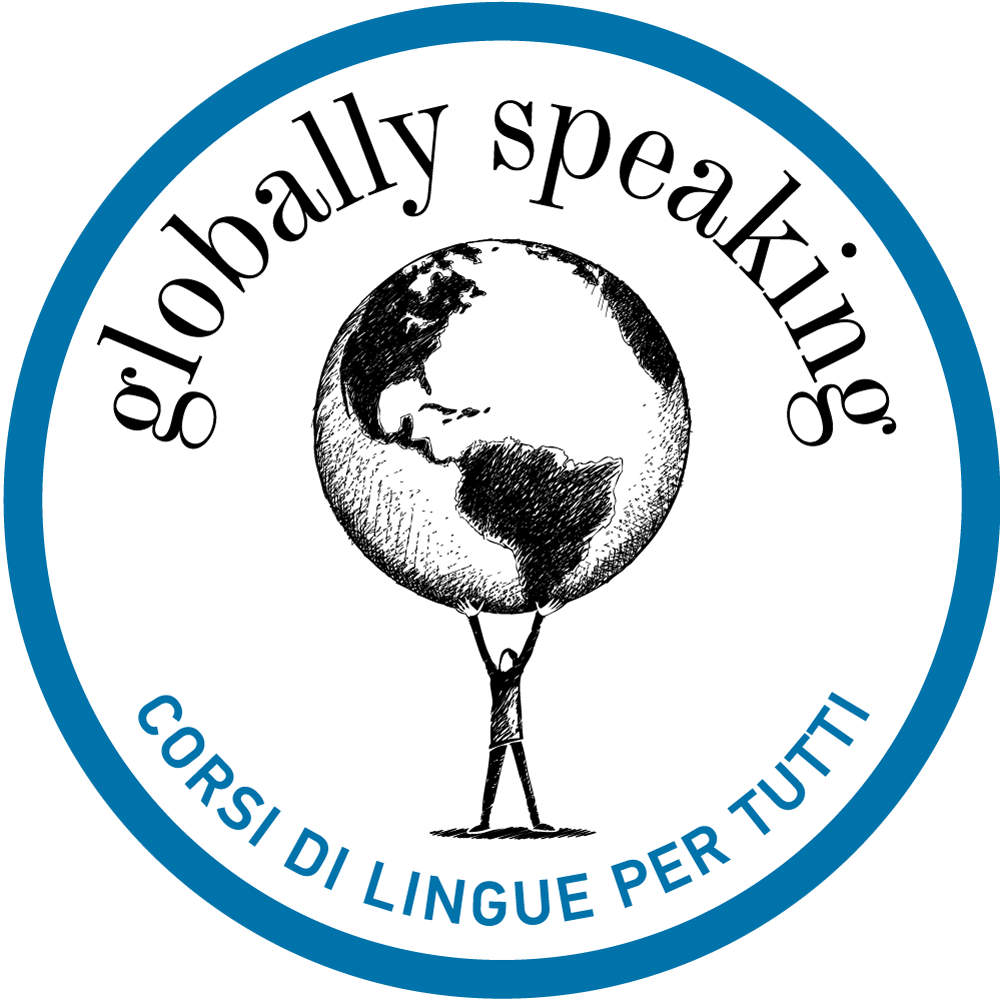
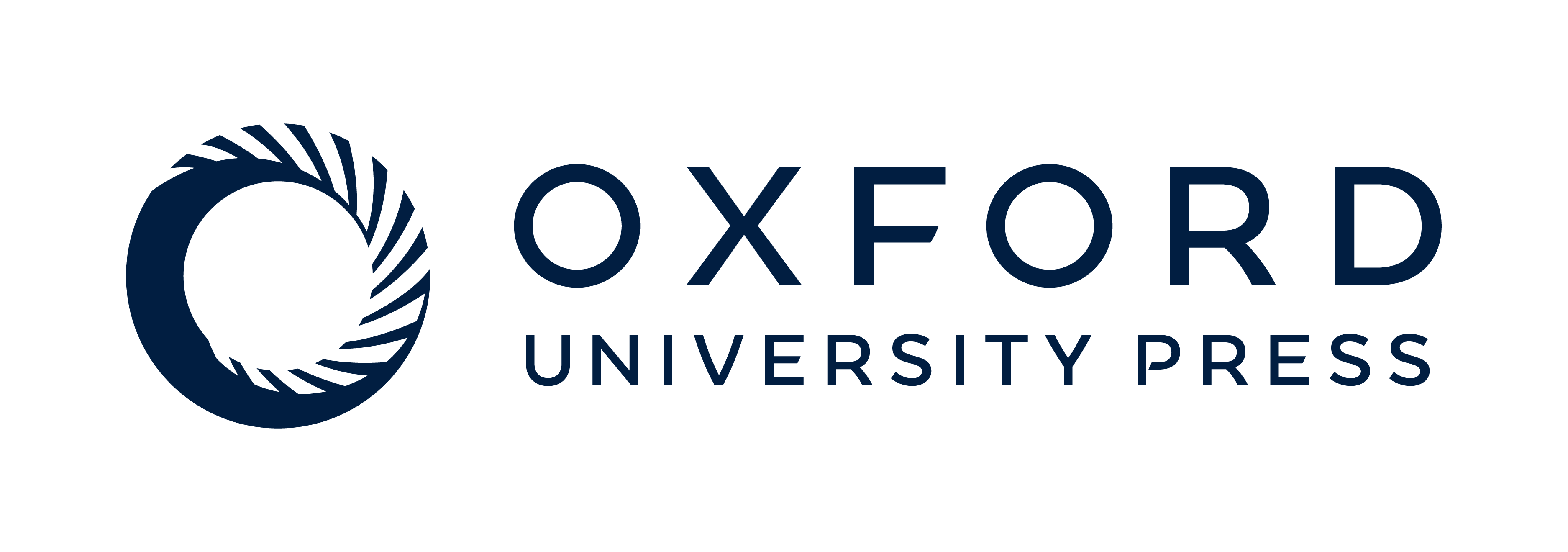

Additional Sponsors
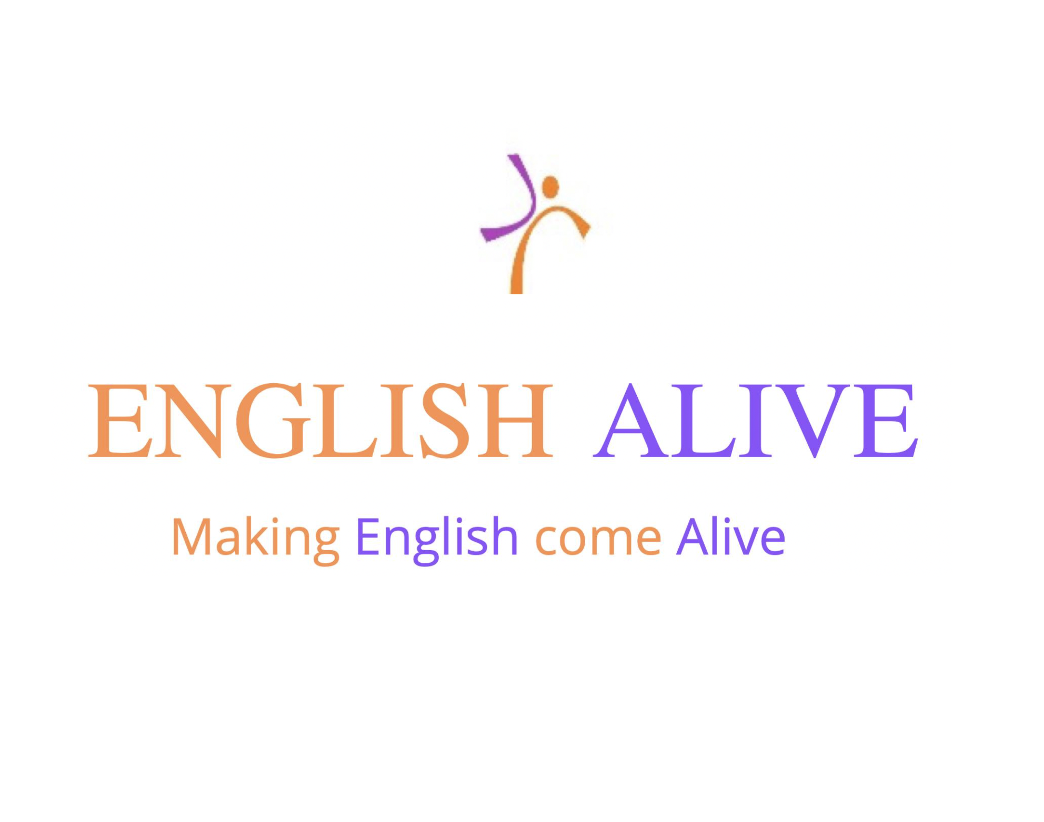
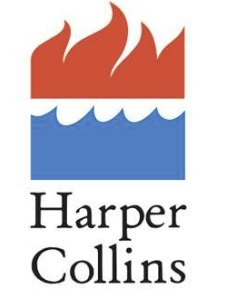




TI Affiliates / Associates
